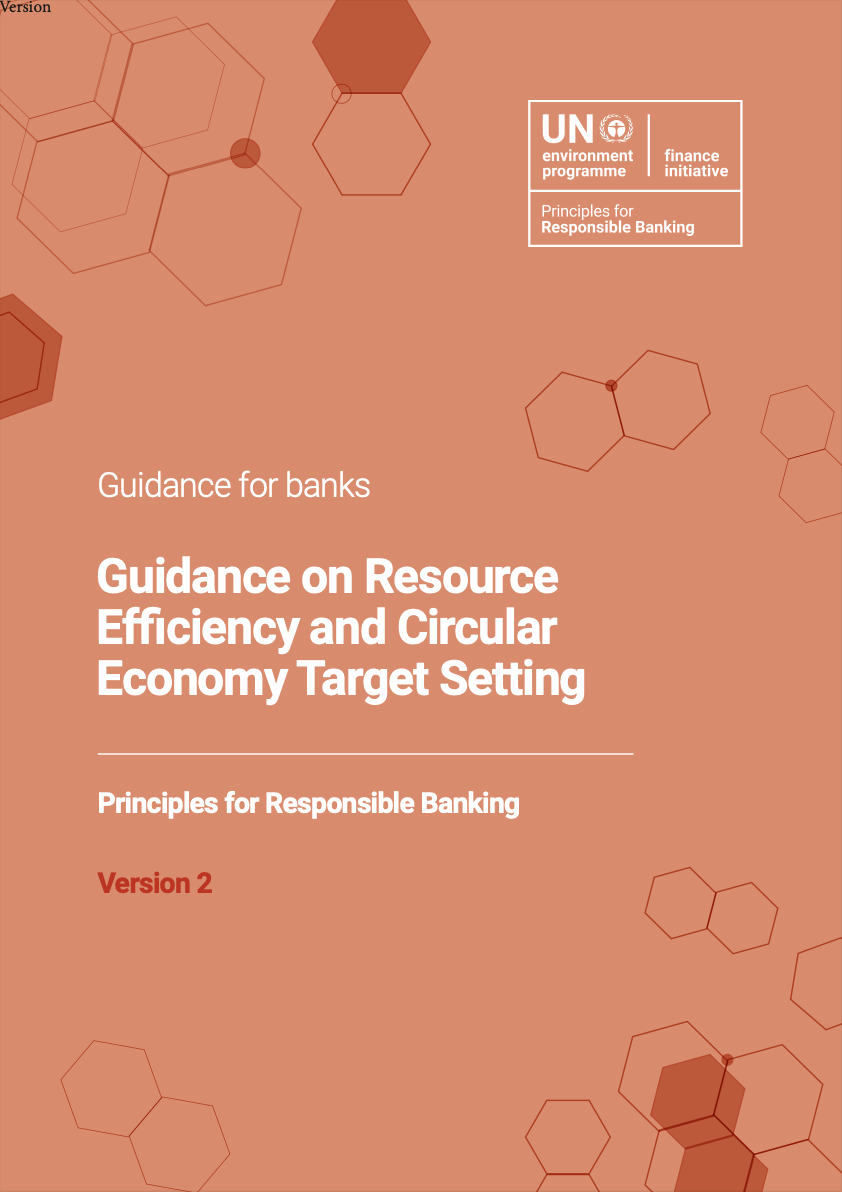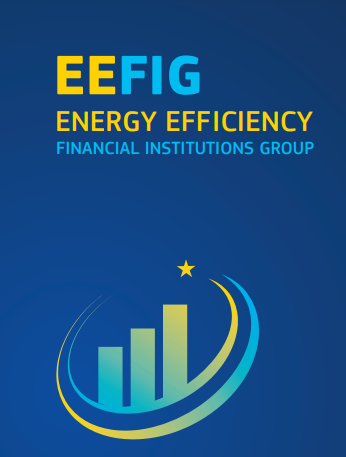Energy efficiency is at the center of EU and global efforts to achieve climate neutrality, and to reduce greenhouse gas emissions across all sectors. The Еnergy efficiency first principle is one of the five pillars of the European Union energy strategy, and according to the IEA, energy efficiency is the single largest measure to avoid energy demand in their “Net Zero Emissions by 2050 Scenario”. At COP 28, 133 governments pledged to double the global rate of energy efficiency improvements by 2030.
Improving energy efficiency not only plays a crucial role in addressing climate change and conserving resources. It also can create more local jobs, boost productivity and innovation, enhance competitiveness of businesses, improve air quality, and ensure energy security. By optimizing energy use in industries, buildings, and transportation, organizations can lower operational expenses, reduce environmental impact, and help build more resilient economies.
Even though energy efficiency receives significant attention in government policies, regulations, and energy-saving programs, in practice it often remains overlooked. Many decisions, projects, and assets are planned and financed without fully exploring cost-effective energy efficiency measures, thus locking in unnecessarily high energy demand for years to come.
Financial institutions are pivotal to turn this problem around and help channel resources towards energy-efficient technologies and infrastructure. The priority of scaling-up energy efficiency investments is growing, and this involves both optimising the use of available public funds, as well as increasing private finance flows. To achieve this, it is crucial to strengthen the market for energy efficiency and stimulate demand, ensuring that the investment returns – whether in industry, services, or residential sectors – are better understood and recognized. Moreover, embedding energy efficiency considerations into investment strategies overall can drive and scale sustainable finance for net-zero goals.
UNEP FI has been actively involved in a number of initiatives to promote energy efficiency finance, collaborating with investors, banks, insurers, and other key stakeholders. More information about some key reports and tools is provided below.
Get involved now:
Financial institutions are welcome to join the European Energy Efficiency Financing Coalition
UNEP FI is supporting the establishment of the European Energy Efficiency Financing Coalition – a platform for EU countries, financial institutions and the Commission to collaborate on energy efficiency financing. The Coalition seeks to provide an updated and effective framework for energy efficiency financing, linking policy makers both at the European and national level with financial market players, whose participation is vital to finance the EU energy transition and fill the investment gap, with specific action-oriented initiatives on national markets.
The Coalition builds upon the work of the successful Energy Efficiency Financial Institutions Group (EEFIG). On 19 December 2023, EU countries and the Commission signed a Joint Declaration underlining the importance of mobilising private investment for energy efficiency and creating a long-term, viable funding framework for such investments. In 2024, the Coalition has opened a Call for Membership for financial institutions and is putting in place a Secretariat and Work Plan.
To join the Coalition or find out more about UNEP FI’s work on energy efficiency, please contact Ana Bachurova.
Resources
 |
The Principles for Responsible Banking (PRB)’s Guidance on Resource Efficiency and Circular Economy Target Setting (2023) includes a common pathway to impact and core indicators to guide good practices in the banking sector, measure progress, and foster active collaboration to drive results and improve resource efficiency for energy, water, and waste. |
|
 |
Some notable EEFIG deliverables include:
|


